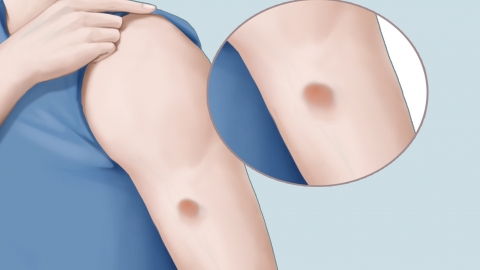Do mosquito bites pose a risk of HIV transmission?
Generally, mosquito bites do not pose a risk of HIV transmission. The detailed explanation is as follows:

HIV cannot survive or reproduce inside mosquitoes. The digestive system and body temperature of mosquitoes are unsuitable for the survival of HIV. Any HIV entering a mosquito's body will be broken down and rendered inactive by the mosquito's own digestive enzymes. Moreover, mosquitoes have a unique mouth structure—their blood-sucking esophagus and saliva-secreting salivary duct are two separate, non-interconnected channels. This means that when a mosquito sucks blood, the process is one-way and the ingested blood will not be injected into the next person bitten. Additionally, even if a mosquito contains HIV, the amount of virus present would be extremely minimal, making infection unlikely.
Although mosquito bites do not transmit HIV, it is still important to take measures to prevent mosquito bites and protect against other mosquito-borne diseases such as malaria and dengue fever. Also, avoid scratching the skin due to itching caused by mosquito bites, which may lead to skin damage and bacterial infections.










